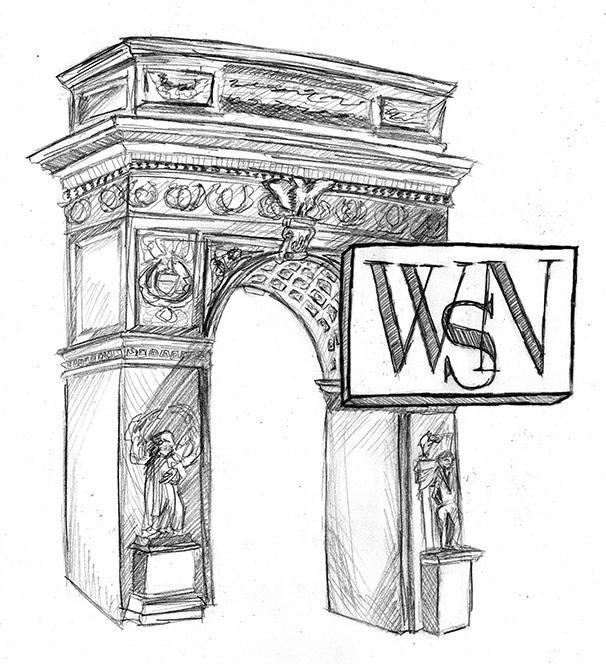For nearly four months, WSN has made various attempts to schedule an interview with a member of the Board of Trustees. In mid-June, a few of our news reporters reached out to 10 trustees for interviews, in an attempt to gain some insight into the people who make decisions on behalf of our school. Six trustees had said they were interested in talking to us — but after an extensive back and forth, they all abruptly stopped responding.
Just a few weeks ago, our managing editor reached out to Marc Wais, the vice president of Student Affairs, in hopes of scheduling an interview with a trustee and to learn more about the board’s last meeting. After three weeks, Wais said the trustees would not be able to meet our editor’s request.
“After much thought and discussion, your request is being denied, given the board has increased the number of events in which board members will have direct engagement with students this year,” Wais wrote in an email.
Our multiple failed attempts to reach the Board of Trustees are deeply concerning. This inaccessibility and the overall concealment of board operations convey a lack of transparency with the NYU community.
An on-the-record conversation would give students and faculty alike the knowledge of what the trustees talk about and how they approach the administration of the university. It is our journalistic duty to hold those in power accountable, and to at least foster and encourage an open dialogue between the administration and the student body.
NYU’s Board of Trustees have impeded democratic processes from taking hold within the university. The board voted against three University Senate approved solutions demanding student and faculty representation on the board over the summer. The NYU Student Labor Action Movement has actively campaigned against the lack of transparency when it comes to representation on the board. In response to SLAM and the University Senate’s continued insistence, the board rejected the proposition to increase representation, instead offering executive meetings and annual dinners between the board and student groups, including the University Senate.
As mentioned, despite NYU’s rejection of the Senate resolutions, the Board of Trustees did try and promote further student engagement through its enforcement of new policies that would facilitate communication between students and the board, including meetings between the board and the Senate. But the concessions are, for the most part, vague — they incorporate declarations to “add younger alumni” to the board and promise that administrators will establish deeper engagement with the Senate Committees with which it is most closely aligned. As for the assured website upgrade, we now have access to committee descriptions and assignments. While this response indicates an acknowledgement of the issue at hand, it does little to adequately recognize why the board rejected the Senate’s appeal, and what they felt they might lose by simply including student and faculty representation.
The Board of Trustees is responsible for a number of tasks that directly affect students, including “setting the overarching strategic direction of the university” and “overseeing the financial health of the university.” As of right now, however, we are only allowed to know the outcomes of the board’s secretive meetings and planning strategies. Notes and minutes of board meetings are not published, and students aren’t allowed to know what goes on in these meetings. We, as students whose livelihoods at this university are decided by this board, have the right to know how major decisions at NYU are made amongst trustees.
NYU is far from being the only institution whose body has begun to question how its Board of Trustees is directed. As tuition and other costs associated with the university continue to rise, a lack of transparency within these boards is becoming more apparent among students who are directly affected. WSN’s goal has always been to increase transparency between our student body and administration. Yet the lack of compliance by the board speaks to a much deeper institutional problem that we refuse to let slide by. We, as students at a university that so often touts its liberal mentality, have the right to clearly understand our school’s decision-making processes, whether that be in terms of board-approved representation or open communication with the press.
Opinions expressed on the editorial pages are not necessarily those of WSN, and our publication of opinions is not an endorsement of them.
A version of this appeared in the Monday, Oct. 22 print edition.
Email the WSN Editorial Board at [email protected].


























































































































































